Profile
Kellie Jaremko
Loved participating in this event!
Work History
-
Education:
Ohio Wesleyan University (2003-2007), Thomas Jefferson University (2007-2016)
-
Qualifications:
Bachelor of Arts majoring in Biochemistry and Neuroscience; I am finishing an MD/PhD program with my PhD in Neuroscience and going into anesthesiology residency at Massachusetts General Hospital (part of Harvard) in Boston
-
Work History:
I have done research during undergrad, my PhD, and continued during the end of medical school mainly studying opioid (pain med) addiction, chronic and acute pain
-
Current Job:
Starting Internship in Internal Medicine before starting anesthesiology residency and still doing clinical research
-
Employer:
Thomas Jefferson University
-
My Work:
I study pain and addiction in patients before/after they have surgery.
-
Read more
Pain is complicated. The body senses this at the spot of injury and then sends information to the brain where we perceived or realize that we “feel” pain.
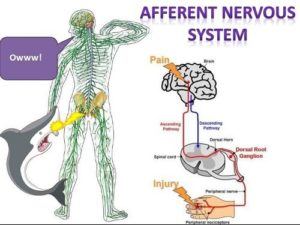
I have been involved in several research projects that have led me to this line of study.
Currently I am about to start the 1st year of residency in anesthesia (the doctors that put you to sleep and keep you safe during surgery). For the past 2 years I have been finishing medical school and haven’t had a full time research job but I have been working on research in my free time.
There are 2 projects I’ve been working on during this time and 2 projects I’ve been finishing.
Studying old charts and medical records to see if a different pain medication (ketamine) improve recovery in patients after they have to have an amputation.
Asking patients about the past drug use before surgery to see if we can pick better anesthesia and pain medications to help these patients
Finishing a study to see if long-term treatment with opioids, a type of pain medication is helpful or not for patients with chronic pain
Finishing a study to see how coping (including poor coping with drug) in chronic pain can be helped by an rehabilitation program . -
My Typical Day:
I go in to the hospital or clinic early in the morning and then come home and do research from my computer at home in the evening.
-
Read more
None of my days are very typical over the past 2 years. Every month the clinical rotation I have been in changes from surgery to pediatrics etc. My time for research has been different at different times. Most of my current research is data gathering from medical charts of study patients. I build databases of information and then do statistics to look for answers to our research questions. Sometimes I have been able to present my research at national conferences as talks and posters.
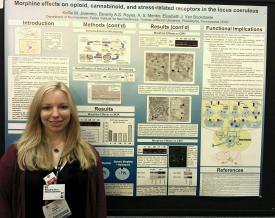
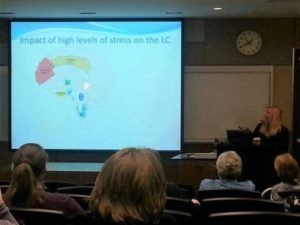
In the past I had a job at the Cleveland Clinic where I also looked at databases, in addition to talking with and recruiting patients to be in studies. Every day I spent time at a desk and in treatment sessions with patients. Prior to that job I was finishing my PhD spending half my time in a lab doing animal and tissue experiments. We used high powered microscopes to look at sections of the rat brain that was involved in stress and opioid addiction.
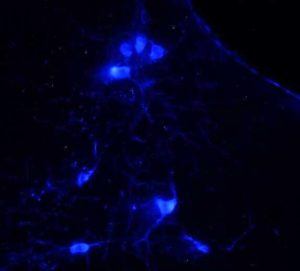 We also worked to patients in opioid (heroin) addiction recovery clinics to see how their stress levels and stress hormones effected their recovery path.
We also worked to patients in opioid (heroin) addiction recovery clinics to see how their stress levels and stress hormones effected their recovery path. -
What I'd do with the prize money:
I’d like to promote (neuro)science education with a booth at the annual Philadelphia Science Festival, develop & promote a monthly scientists-student chat on research, and develop an online neuroscience presentation that can be used by teachers to teach brain science.
-
Read more
I would love to have a brain and neuroscience exhibit at the Philadelphia Science Festival
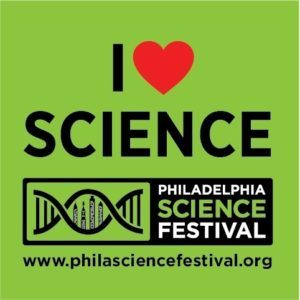
I’m also in the process of setting up a monthly twitter chat between students (high school and college) and neuroscientists to talk about recent news articles, movies, and research in the field. Please check out my website https://kelliejaremko.com/ to get involved. Some of the money may help build this its own webpage and get the word out for people to get involved.
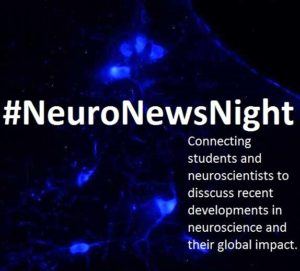
As part of this science outreach I would love to develop a free interactive teaching tool for high school and college professors to use to introduce neuroscience to students.
-
My Interview
-
How would you describe yourself in 3 words?
Motivated, Adventurous, Outgoing
What's the best thing you've done in your career?
Connected multiple departments together in a single study. I often look at the pieces of a scientific problem or puzzle as a bunch of Legos. If you put them together the right way, they can make something really cool, but you don’t know what it’s going to look like until you start building.
What or who inspired you to follow your career?
A family member of mine who got me interested in science turned out to have chronic pain so I told them at 10 years old that I was going to fix them and I never looked back.
What was your favorite subject at school?
Science– any of the sub-topics like biology or chemistry except physics, which I didn’t like as much
What did you want to be after you left school?
A Medical Doctor
Were you ever in trouble at school?
Not really. Sometimes I would be caught reading when I finished my work early and became bored.
If you weren't doing this job, what would you choose instead?
A cupcake baker. I love making crazy flavors and fillings for them in different sizes.
Who is your favorite singer or band?
One from each of my favorite types of music: Lady Gaga (pop), Led Zeppelin (classic rock), Red Hot Chili Peppers (alternative), & Bach (classical)
What's your favorite food?
Dark Chocolate
What is the most fun thing you've done?
Bobsledded at the Utah Olympic Park track (from 2002 Winter games) & we had the fastest time of the day!!
If you had 3 wishes for yourself what would they be? - be honest!
1: That I had an instant transportation device so I could skip my commute, or a jetpack. 2: That I could have a talking tiger as pet. 3: That I could do work on brain injuries with the NFL
Tell us a joke.
Why can you never trust atoms? Because they make up everything!
-

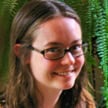
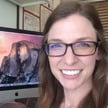
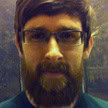
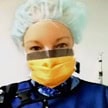
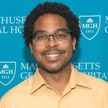
My Comments
do you ever do surgery to see the brains in real life (1 comments)